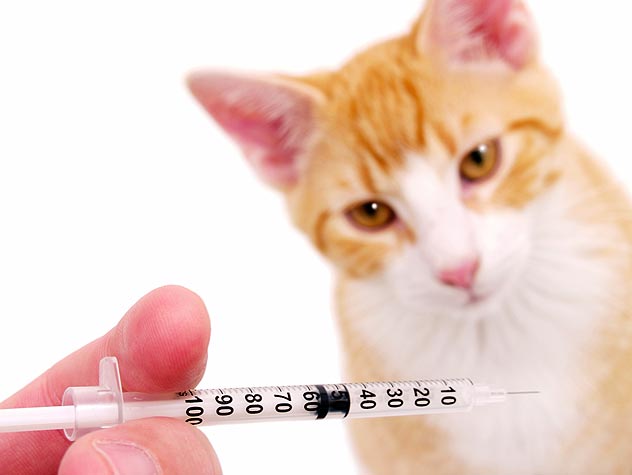September 29, 2021 by Dr. Nour Abou Fakher

Vaccinations are mandatory to protect our pets from several infectious diseases. Which has as well an important impact on the public health. The benefits of vaccinations far outweigh any risks.
Adverse reactions to dog and cats vaccines are rare. However, as with any medication or immunization protocol, vaccination can cause some side effects.
We do recommend that you have your puppy or dog vaccinated at time when you can monitor them after the vaccination.
Normal reaction: How do you react if you experience these symptoms on your pet?
Just as with human vaccines, mild symptoms can be ignored. The majority of reactions are mild and short lived. Though sometimes an appropriate anti-inflammatory medication is needed for comfort. The patient can be expected to be back to normal in a couple of days – normally within 48 hours.
Serious reaction: Include theses potentially life threatening symptoms
If this is the case you should contact our clinic immediately or take your pet to the nearest emergency hospital.

Why does the reaction to the vaccination happens and why does a lump form?
The reaction can be directed against the infectious organism, vaccine stabilizers, preservatives or residue from the vaccine organism’s laboratory tissue culture. Each immune system reacts differently to the offending protein.
The makeup of a vaccine includes an infectious organism rendered harmless but still capable of stimulating the immune system: in some instances, the organism is live, but weakened in a way, in other instances, the organism is killed.
The larger the organism and the more complicated the proteins, the more local inflammation can result after the injection, and this sometimes translates into a firm knot or bump at the injection site. These growths are typically noted a few weeks following vaccination and generally resolve on their own. These are not allergic reactions but are inflammatory reactions caused by the immune stimulation.
What to do if your pet develops a lump?
The lump will usually resolve on its own. If a lump persists longer then three months from the time of vaccination or is larger than 2 cm in diameter any time after vaccination, then it should be removed and biopsied. This removal is particularly important for cats as they have the potential to develop injection site tumors.
Sad fact: Do you know that as per the studies approximately one in 250 dogs will have some sort of vaccination reaction?

Veterinary Surgeon
Street 70, Next to Premier Inn Hotel, Dubai Investments Park,
Green Community – Dubai, UAE
Our Opening Hours:
Monday to Friday : 9:00 am to 9:00 pm
Saturday and Sunday : 10:00 am to 8:00 pm
Damac Hills 2 Community Mall, Dubai, UAE
Our Opening Hours:
Everyday : 9:00 am to 8:00 pm
Blue Oasis Veterinary Clinic
Copyright© 2008 All rights reserved